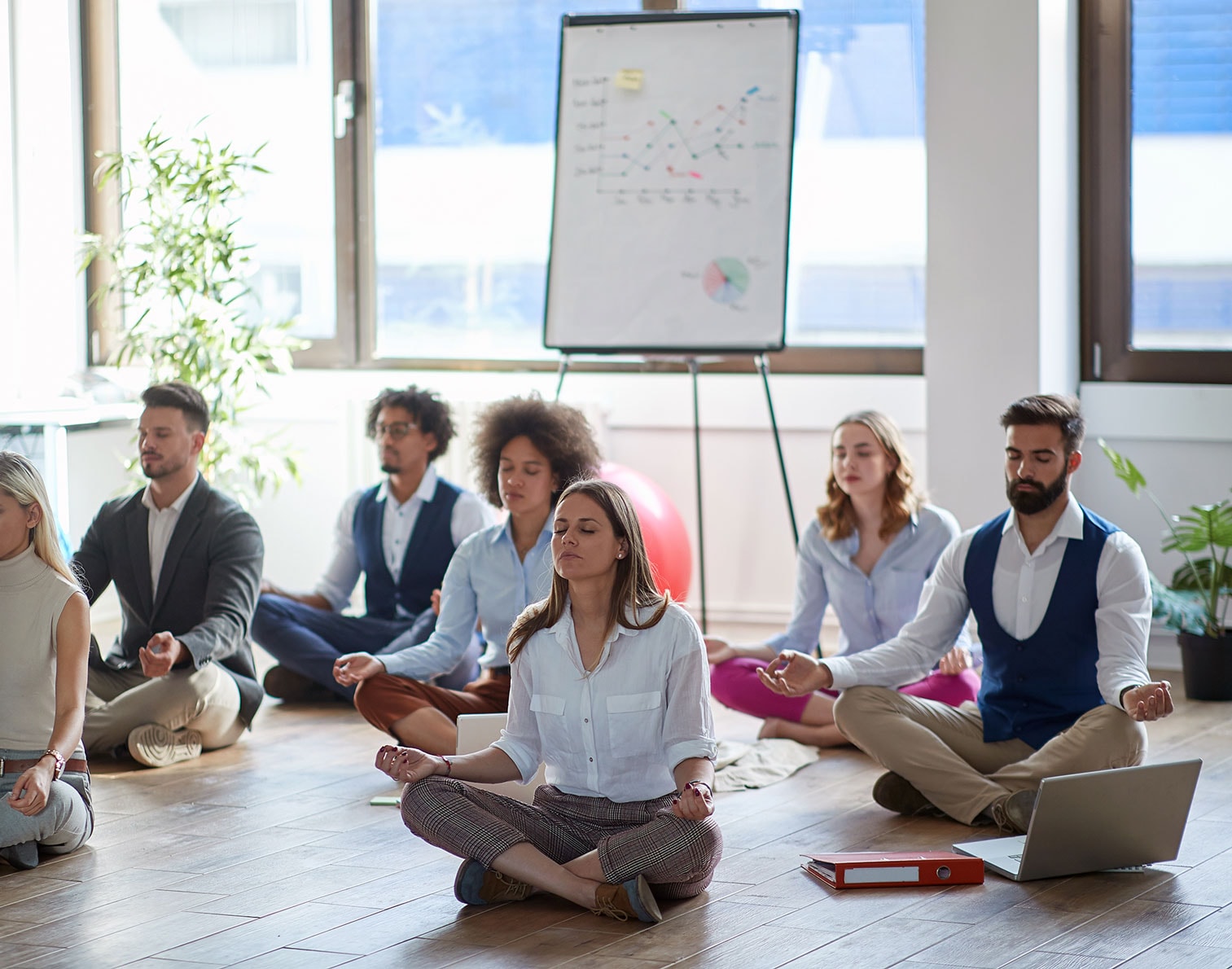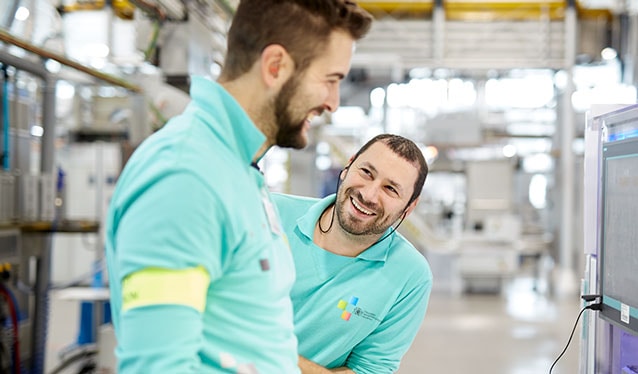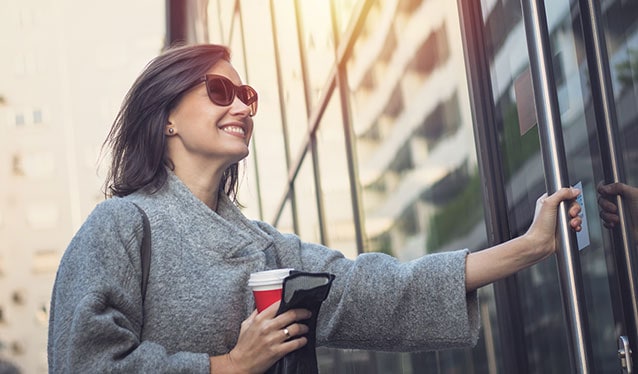Poor mental health doesn’t just impact an individual and their families—it can affect businesses and communities. In fact, around USD 1 trillion is lost globally due to mental health every year1. Employee burnout can cause attrition, absenteeism, lower engagement, and decreased productivity. Whilst one of the few positive legacies of the COVID-19 pandemic has been greater awareness of the issue, many companies have been indulging in “wellbeing-washing”—making superficial gestures to placate employees and present a better image to the outside world.
The term “wellbeing” applies to our physical, emotional, and mental health, and the three are intricately linked. But a 2022 global survey by McKinsey Health Institute found employers perceived workplace wellbeing to be 22 percent higher than their staff. So not only do companies need to promote more wellbeing initiatives, they also need to receive and act on regular feedback from employees, and adjust accordingly to ensure they are making a meaningful difference. Like many office workers, I began working from home and found my sedentary environment a challenge for several reasons.
Iryna Vladimirova, Director of People & Culture, Philip Morris Türkiye
This shift meant many Philip Morris Türkiye (PMT) employees didn’t take their annual leave because they couldn’t travel. Whilst those working in factories were used to annual shutdowns, there was no natural break for office staff, so our leaders introduced office shutdowns over some public holidays or school breaks.
Phillip Morris International (PMI) has long had wellbeing initiatives in place, but during the early months of the pandemic we took a closer look and asked: How could we be better?
I helped to roll this out and we now repeat it every summer. It means employees needn’t worry about missing emails and meetings and can fully relax with their families.
The four pillars of our wellbeing program
After building the fundamentals over the first two years at PMT, we launched the multi-faceted wellbeing program “Balance” in September 2022. It’s based on four pillars:- Health
Maintaining both physical and mental health, be it through exercise, mindfulness, or meditation. - Relations
Your relationships with family, friends, and colleagues. Negative interactions or emotional connections can be detrimental, and healthy dialogue with your work peers is vital. - Performance
Your short-term goals. - Purpose
Your longer-term hopes for the future, both personally and professionally.
We asked management to sponsor different pillars and contribute personally. Some brought in experts in a specific field or highlighted positive changes they have made to their own lives, helping management and employees relate on a human level.
I targeted doubling my daily steps, and began walking while on calls and taking a walk with my husband once I’d logged off.
In addition, we launched an educational program with experts coaching staff on how to apply wellbeing to themselves as individuals—not just as employees. This resonated with our employees, who said: “I’m doing this for me, to make my life happier and increase my resilience, not because my company says it’s important.” Many employees who made changes and improved their wellbeing then shared their stories, again adding relatability.
Wellbeing initiatives should not be “one size fits all,” so we offered coaching sessions for each function to address their specific needs. We also enlisted 74 volunteers across PMT to activate the Balance program. One popular initiative was PMI’s global step challenge, in which 442 teams competed to take the most steps. Meeting the pillars of “Health” and “Relations” by gamifying an exercise incentive, our employees responded well—two of Turkey’s teams finished in the global top-10 and many maintained their exercise habits post-challenge.
Why I got involved myself—and how it helped my wellbeing
As Director of People & Culture for Philip Morris Türkiye, I had to lead by example, so I targeted doubling my daily steps while working from home, and began walking whilst on calls and taking walks with my husband once I’d logged off. This initiative really boosted my mental and physical health.
Since launching Balance, we’ve been thrilled to see over 2,000 employees engaging in 25 different activities. Sports and other hobbies have been particularly popular, with many improving their health and work relationships by participating in running, basketball, and dragon boat racing. Our company even competed in Türkiye’s Corporate Games.
Whilst companies can offer wellbeing initiatives, it’s important to give individuals some agency. Employees must engage, help themselves, and share their experiences with peers to continue the movement.
We all face many challenges in our lives, some of which cannot be controlled. But we can control our reactions to them. Giving employees the tools to improve their wellbeing has been a core thread running through our initiatives. This was boosted by wellbeing coaching sessions, so employees could have a safe space to open up and ask for support if needed. It’s been especially meaningful for employees to see management speaking openly, acknowledging: “Yes, life can be hard, but these are the steps I’m taking to improve my life despite those challenges.”
Ultimately, wellbeing is down to the individual, but if companies can offer support, skills, and opportunities to improve it, it’s a win-win for everyone.
1. Mental health at work, World Health Organization. September 2022 report.








